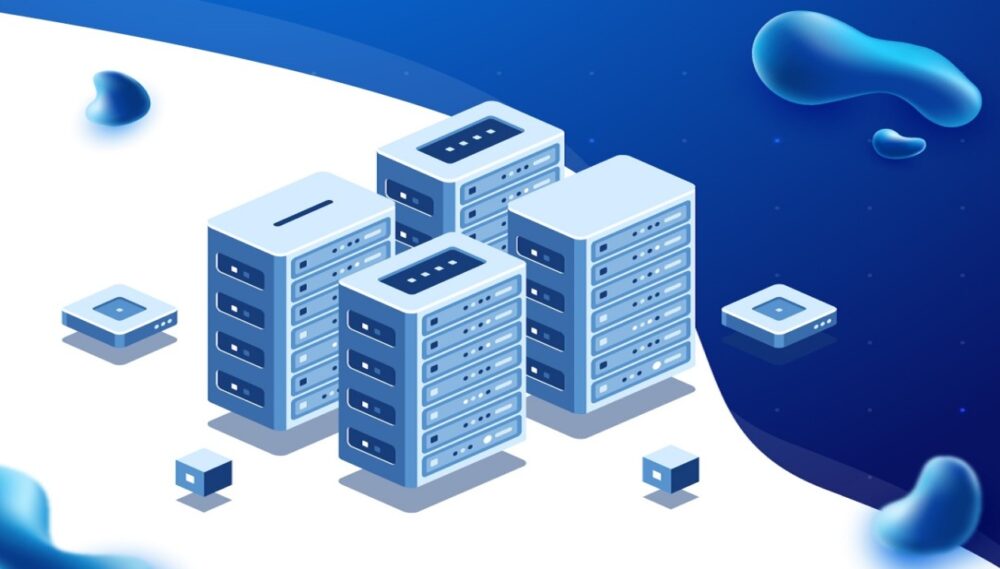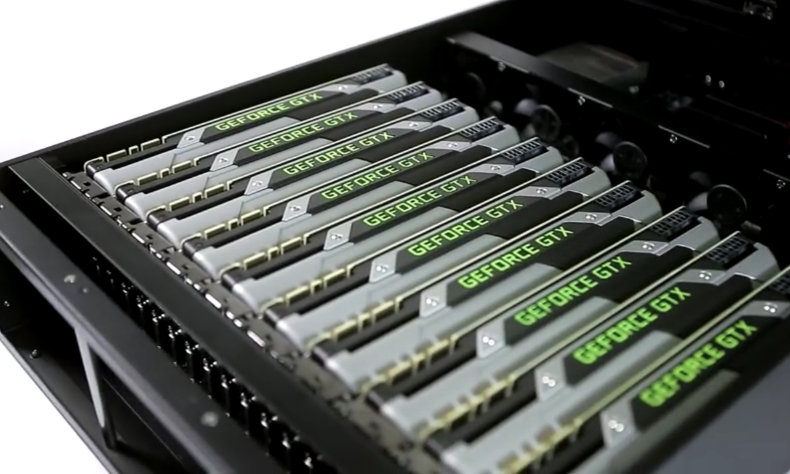Dedicated servers usually have enough bandwidth to handle streaming for any project. In order to accommodate a large number of users, dedicated servers may be set up with high-speed connections to the Internet and dedicated traffic to ensure that no one else’s streams are interrupted. Streams would fail or buffer without specialized technology that intelligently reroutes data. In the case of VSYS Host, IPTV servers are monitored by staff members around the clock every day of the year. Every component of dedicated streaming servers is fine-tuned to withstand sporadic traffic spikes and large amounts of data transfer, guaranteeing practically uninterrupted service.
To summarize, streaming from a dedicated server has several benefits. Just a handful of the advantages are:
Cost Savings: dedicated streaming server might be less expensive than utilizing a shared host or renting a dedicated server from an internet service.
Streaming from a server that isn’t shared with anybody else increases security.
A dedicated streaming server’s enhanced performance stems from its capacity to operate independently of other users and the greater traffic volume it can support.
A dedicated server’s capacity may be expanded beyond that of a shared host or rented server.
Hosting vs. Streaming

Source: linkedin.com
You may be debating whether it’s best to employ a specialized streaming server or host the video material on your own server if you’re thinking of streaming video. When making your choice, keep in mind the following:
Streaming video hosted on a dedicated server will function much more quickly than if you were to host it on your own server. Accessing the video material is simple since it can be seen on streaming servers using any web browser.
Customizing your audience’s streaming experience is easy with today’s streaming servers. Use a streaming server instead of a regular server if you require finer-grained management of the video material.
Streaming video servers – why bother with one?
You’ll need a streaming server if you wish to upload videos to a website and have people view them. You’ll need a streaming server if you want to stream videos online, either live or on-demand.
Streaming servers can be created in-house, purchased from a third party, or accessed via a video hosting platform.
Why Does Buffering Happen?

Source: app.emaze.com
As was discussed above, streaming servers constantly send out little data packets at a high rate to guarantee that the stream does not break up. Because of this data storage need, media players take a few seconds to begin streaming.
The player keeps receiving packets, which it displays on the screen, even while the previously recorded material plays. It is known as buffering and stores a few seconds worth of data for the player if the connection is lost.
If your internet connection is good enough, the live broadcast should keep going smoothly for those few seconds. Latency is the time it takes for data to go from one point to another on a network, and it may cause visual disruptions if your connection is sluggish or your streaming server is unreliable.
The following are examples of challenges that streaming servers often encounter:
-
Latency
Latency may be caused by the data’s location or the network’s architecture. It may cause streaming service disruptions and a worse overall user experience.
-
Congestion
The performance of the streaming server might suffer from factors including insufficient network bandwidth, large data transfers, and outdated protocols. Some of these issues include sluggish loading times and incorrect data access.
The difference between streaming and GPU servers

Source: top500.org
Now we know and understand the peculiarities of streaming servers. They are a good fit for streaming, but newbies and even experienced people sometimes confuse these categories. However, there’s a part of the truth, as both types use graphic processor units differently. Besides, you can use a GPU server for other purposes but not streaming.
The first difference is the architecture. We use certain types of GPUs with so-called stream multiprocessors. They deal with video and image formats more efficiently than other types of graphic architecture. This impacts the load and sometimes performance. Each SM takes at least 32 CUDA cores to handle the process properly. Modern GPUs have a different number of this type on board. The manufacturers publish only part of the characteristics. The card may have less CUDA bat, more tensor or ray-tracing cores, more important in mining or real-time games but not streaming.
Streaming servers support the broadcast of different types of audiovisual content: video, photos, music, etc. All these tasks need unlimited bandwidth starting at 2 Gbps. Broadcasting applications don’t need SQL database or management solutions. Respectable providers offer extra services like additional storage options or the newest codec versions. They help to exhaust full opportunities from the server and give your clients the desired service quality.
Besides, there may be auxiliary machines reflecting the specification. These are satellite or terrestrial receivers capturing and transferring the channels, cable head station sets, etc.
The GPU server has more significant potential. Cards can render 3D graphics or perform statistical and scientific calculations. Thus, they cover the essential role in multiple areas where such tasks may paralyze the central processor, including modeling, big data handling, or investigation. The additional equipment is 3D printers, scanners, or employees’ computers where they see the data in live mode.
Now you know the difference between GPU and streaming servers. That helps you to make the right choice referring to your specialization. Choose your target or call, and our support will help you to configure the optimal workstation.




